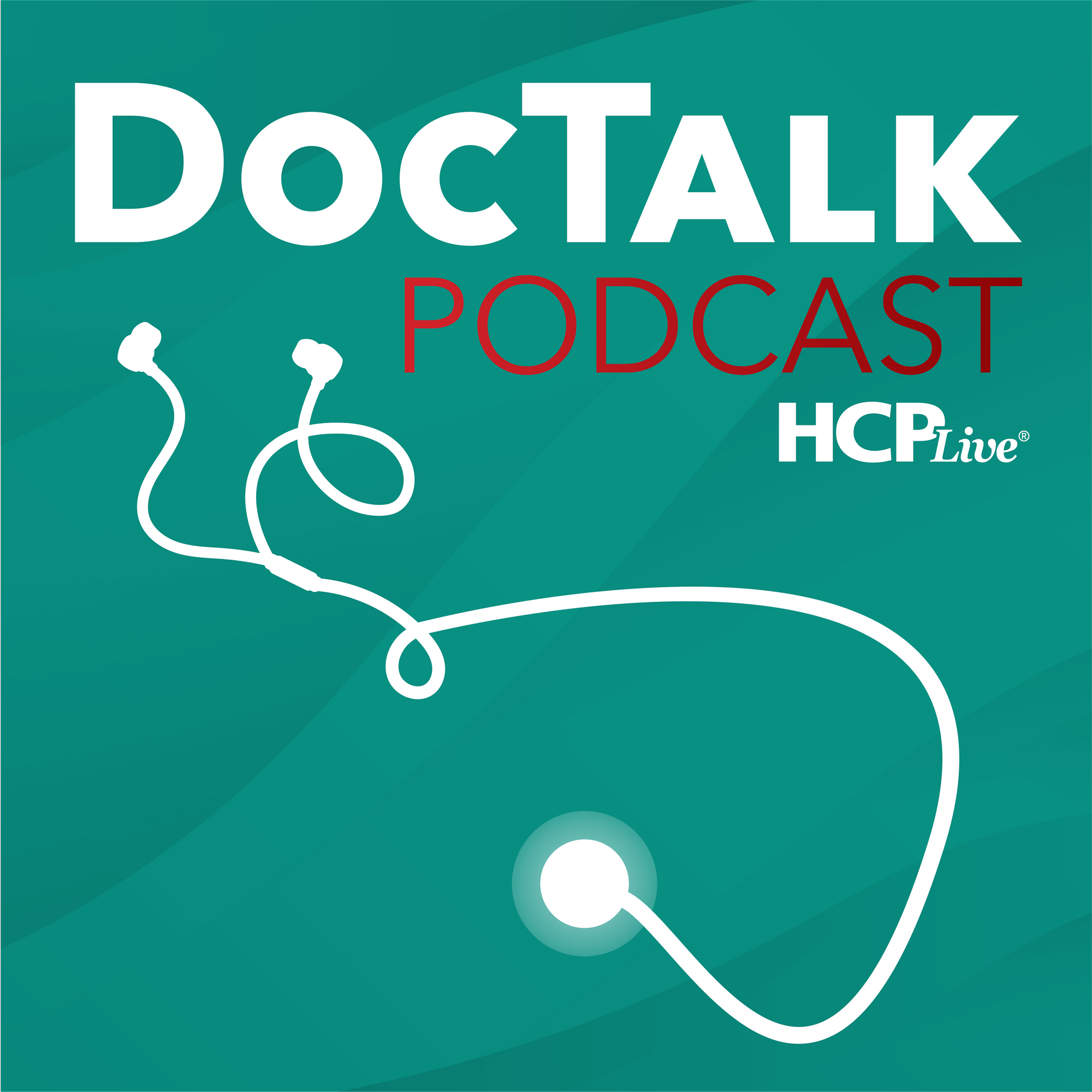Video
Role of Atopic Disease Burden Across Different Life Stages
Author(s):
Dr Brittany G. Craiglow discusses the impact of disease burden on both the patient and their caregivers, with a focus on how this burden evolves as a patient ages.
Raj Chovatiya, MD, PhD: I want to ask both of you a couple of questions about burden before we transition to talking about treatments themselves. Britt, have you seen that the burden associated with atopic dermatitis [AD]? Does this shift as patients move through life stages? Is this pretty consistent across all ages? What are your thoughts?
Brittany G. Craiglow, MD: It’s an interesting question. In infants and toddlers, up to elementary school, the burden in terms of the work is often on the parent. There are data that show that parents of kids with moderate to severe AD are spending upward of 20 hours a week on skin care. These patients are waking up in the night, so the parent wakes up in the night. What I say to parents is that when a child has AD, the whole family has it. This has a huge ripple effect. Oftentimes, as kids get older—you can make your 2-year-old put a topical on, but once they have a voice and an opinion and legs that move quickly, you can’t necessarily do that. Some things we ask people to do aren’t realistic. The 8-year-old may not want to do it anymore, especially if it’s not helping. Sometimes in teenage years, we’ll see kids, some become more involved. They want to take more ownership, but others give up. They’ve reached a point where this is life, nothing is helping me, so why am I going to put grease on my skin and do all these things when I don’t want to?
It’s interesting because I would have thought the conversation with parents—about starting a systemic medicine in a younger child—would have been harder. But sometimes it’s harder with older patients because this is who they are. They’ve been itchy for their whole lives. They don’t know any different. When you have 12 years of that, you become complacent. But when you have a 2-year-old or a 3-year-old who’s still waking up at night scratching, you’re spending all this time and you’re still desperate. You’re like, “This isn’t right. My kid shouldn’t be like this.” Maybe you have another child who wasn’t, so you’re more ready to sign up. You haven’t been let down by plans in the past that haven’t been useful. The psychology of all of it is very interesting. Some of the things that we ask people to do would never happen in my house. I’m a dermatologist and so is my husband, and we can’t get our kids to moisturize. We have to meet our patients and ask, “Is this reasonable for you?” We’re giving a teenager ointment, and they don’t like the way grease feels. We have to see what makes sense for them and what they can incorporate into their life and what they can’t, because treating atopic dermatitis shouldn’t be a full-time job, right?
Raj Chovatiya, MD, PhD: That’s very powerful. We think about efficacy and safety, but honestly, feasibility is that third pillar that underlies everything. At the end of the day, if you have some perfect plan that you can’t execute, then who the heck cares; it’s useless. You’ve got to find something that’s going to work for your life.
Brittany G. Craiglow, MD: Yes, but because the alternatives were difficult for people to swallow, we tolerated that. We did this: “Monday, Wednesday, and Friday you’re going to do this, and then you’re going to do wet wraps, and then write everything out.” Otherwise, it was cyclosporine, blood draws, and whatever. Now it’s different, so we don’t have to do that, and that’s great.
Raj Chovatiya, MD, PhD: Peter,I’ll give you the final word on any other thoughts you have about that quality-of-life impact on families and caregivers, the entire support system. Any additional thoughts?
Peter A. Lio, MD: As you point out, it really ripples outward from the patient. If the patient suffers, the parents, the siblings, and the schoolwork suffer. Not to sound like a martyr or too egotistical, but for a clinician taking care of AD, it’s hard. Many patients cry. Many patients are exhausted and depressed. There’s a lot to tackle in a short visit, and the stakes are very high for these patients.
Transcript Edited for Clarity




